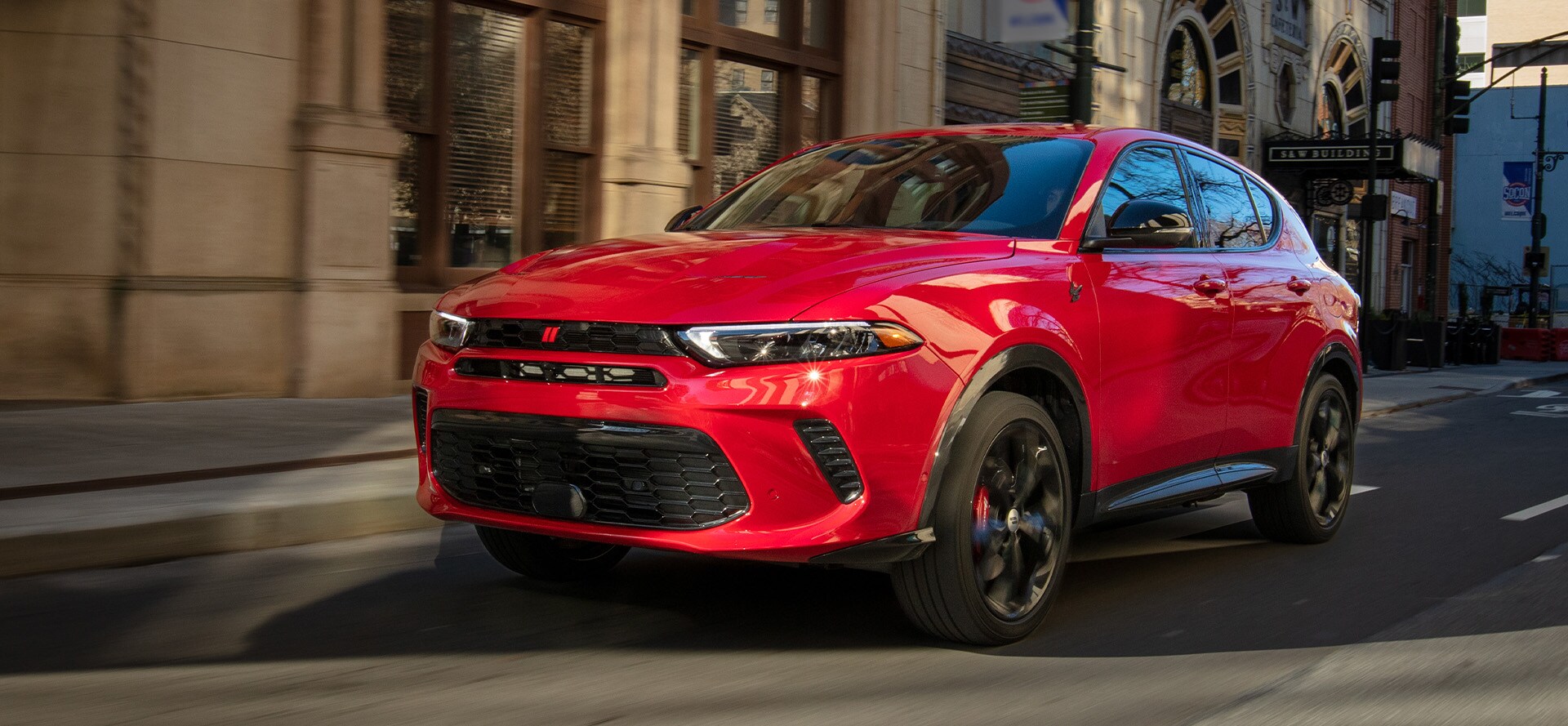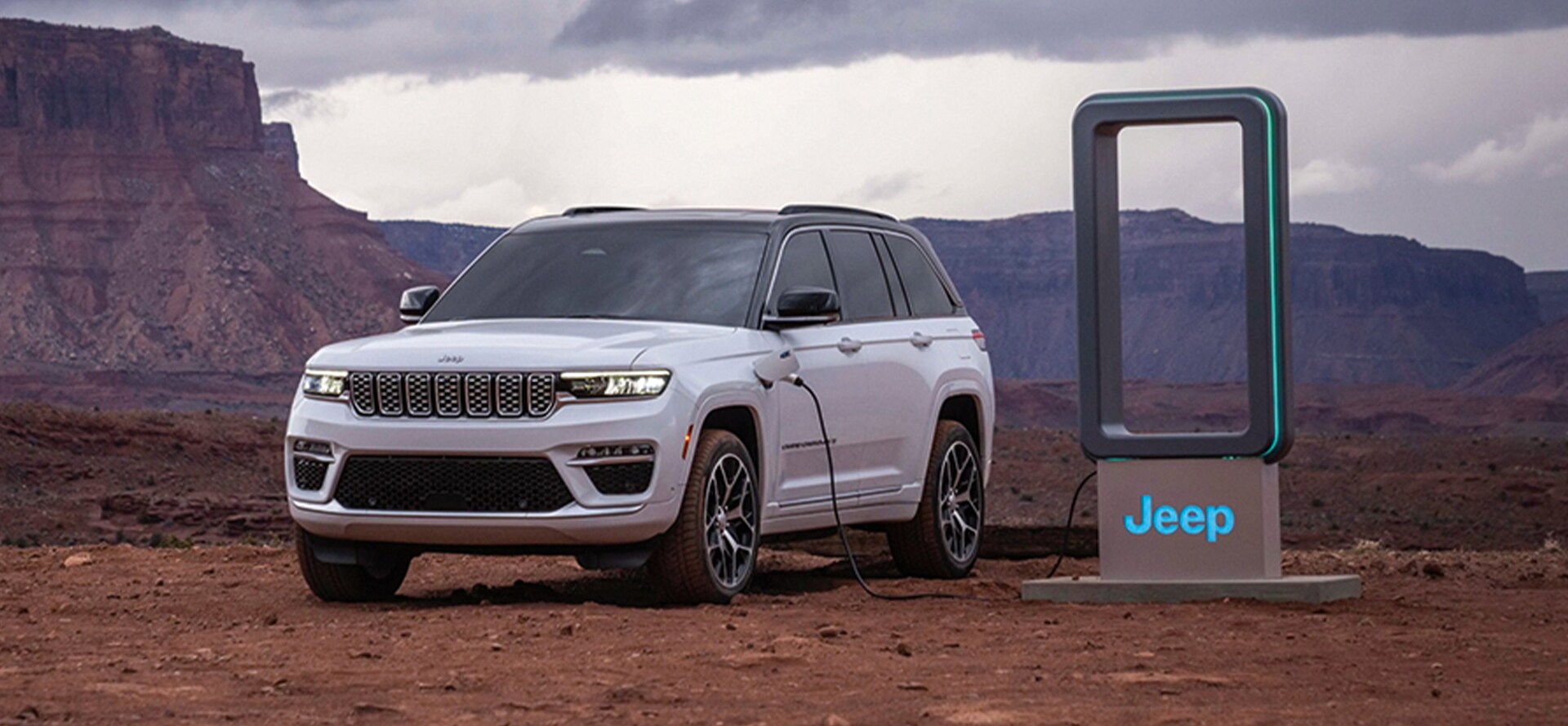
How To Save Gas: Gas Saving Tips
Tips to Maximize Your Vehicle's Fuel Efficiency
In today's world of rising fuel costs, maximizing your cars fuel efficiency is more important than ever. Maximizing fuel efficiency saves money and reduces carbon dioxide emissions, contributing to a healthier environment. Whether you drive a gas-powered car or a hybrid, there are several effective strategies to help you save money at the pump. Beaver County Dodge Chrysler Jeep Ram acknowledges the strain expensive gas prices can place on your budget. When travel is necessary, yet not always affordable, how do we mitigate the cost of fuel expenses to ensure we stay at the top of our game? If you're unsure, we've got you covered! Follow along to discover driving techniques to save fuel, and visit Beaver County DCJR to check out our immense inventory.

Driving Habits That Make a Difference: Most Fuel-Efficient Way to Drive
Many factors can lead to low fuel efficiency as you travel, including how you drive. Your driving habits are one of the easiest ways to conserve fuel and improve your fuel economy when many other things, like fuel prices, are outside your control. Take a moment to reflect on some of the best driving practices on how to use less gas to discover how you could improve your skills behind the wheel for increased fuel economy and savings at the pump.
Gentle Acceleration and Braking: Avoid aggressive driving habits like rapid acceleration and hard braking. Smooth and gradual maneuvers can significantly improve fuel efficiency. Aggressive acceleration and driving at high speeds lead to using more fuel, so it's important to drive smoothly and maintain a steady speed.
Maintain a Steady Speed: Cruise control can help you maintain a consistent speed, reducing fuel consumption and improving fuel economy.
Mind Your RPMs: Avoid unnecessarily high RPMs, as they can increase fuel consumption. Shift gears smoothly and avoid lugging the engine.
Plan Your Trips Efficiently: Combine errands and minimize unnecessary trips to reduce fuel consumption. Use navigation apps to find the most efficient routes and avoid traffic jams.
Vehicle Maintenance Matters
Maintenance is the lifeblood of a healthy, long-lasting vehicle. When routine maintenance and repairs are skipped or delayed, your vehicle's engine and many other critical components suffer.
Regular Tune-Ups: Regular maintenance, including oil changes, tire rotations, and filter replacements, can significantly improve your vehicle's fuel efficiency.
Tire Pressure Check: Properly inflated tires can improve fuel economy by reducing rolling resistance. Check your car's tire pressure regularly and ensure your tires are properly inflated.
Aerodynamics: Reduce drag by removing unnecessary roof racks or other accessories that can increase air resistance.
Fuel-Efficient Driving Tips: How to Save Gas While Driving
Lighten the Load: Reduce your vehicle's weight by removing unnecessary items. Less weight means better fuel efficiency and can improve gas mileage.
Use Air Conditioning Sparingly: Air conditioning can significantly impact fuel consumption. Consider using the air vents or opening the windows to cool your vehicle.
Plan Ahead: Anticipate traffic and adjust your speed accordingly. Smooth driving habits can help you avoid sudden stops and starts, which can waste fuel. Proper route planning can help you avoid traffic jams, ensuring you spend less time idling and more time moving, which can improve your vehicle's miles per gallon.
Fuel Your Vehicle at Optimal Times: Try to fuel your vehicle in the early morning or late evening when fuel is cooler and denser. This can lead to slightly better fuel economy.
Plan Your Trips Efficiently
Efficient trip planning is a game-changer when it comes to reducing fuel consumption and improving gas mileage. By taking a few moments to organize your errands, you can save fuel while also reducing your carbon footprint. Here are some practical tips to help you plan your trips more efficiently:
Combine Errands: Instead of making multiple trips, combine errands into one outing.
Map Your Route: Use navigation apps to find the most efficient routes. These apps can help you avoid traffic jams and road closures, ensuring you spend less time idling and more time moving.
Avoid Peak Traffic Times: Whenever possible, plan your trips during off-peak hours. Less traffic means fewer stops and starts, significantly improving your gas mileage.
Carpool When Possible: If you have friends or family members who need to go to the same place, consider carpooling. Sharing rides can help you save fuel and reduce the number of vehicles on the road.
By incorporating these strategies, you can make a significant impact on your vehicle's fuel efficiency. Not only will you save fuel and money, but you'll also contribute to a cleaner, greener environment.

Embrace the Future: Electric and Hybrid Vehicles
Consider an Electric or Hybrid Vehicle: Electric and hybrid vehicles offer significantly better fuel efficiency and reduced emissions. If you're looking for a new car, consider exploring a hybrid or electric configuration.
Maximize Your Range: For hybrid and electric vehicle owners, optimize your driving habits to maximize range. Avoid aggressive acceleration and braking, and use regenerative braking to recapture energy.
By embracing eco-friendly driving habits, you can significantly reduce your fuel consumption. Remember, small changes can lead to significant savings at the pump.
Discover Gas Saving Tips
Visit Beaver County DCJR to explore a wide range of fuel-efficient vehicles and get expert advice on increasing your fuel economy. Together, we can create a more sustainable future, one efficient mile at a time.
* The advertised price does not include sales tax, vehicle registration fees, other fees required by law, finance charges and any documentation charges. A negotiable administration fee, up to $115, may be added to the price of the vehicle.
* Images, prices, and options shown, including vehicle color, trim, options, pricing and other specifications are subject to availability, incentive offerings, current pricing and credit worthiness.
